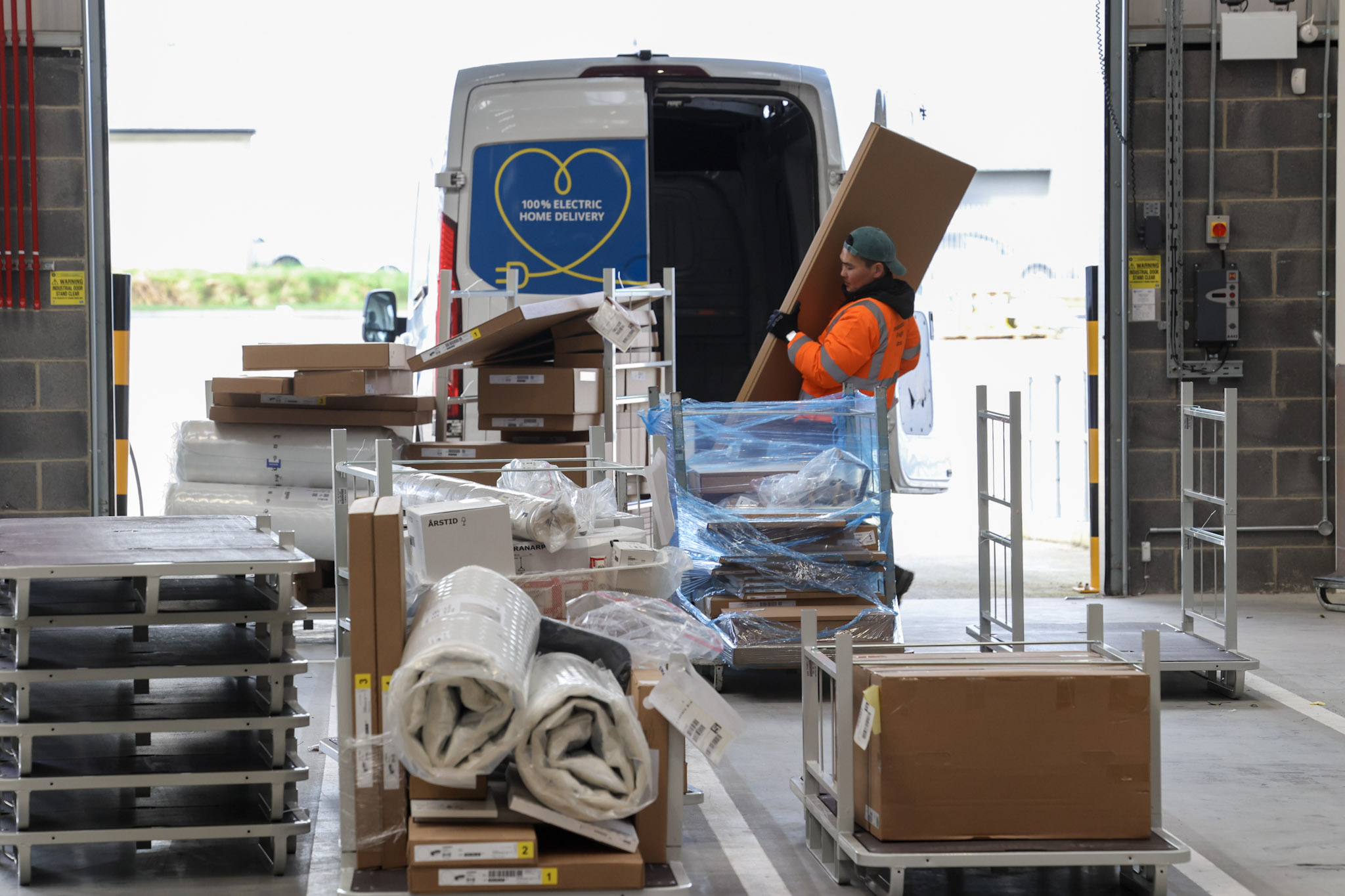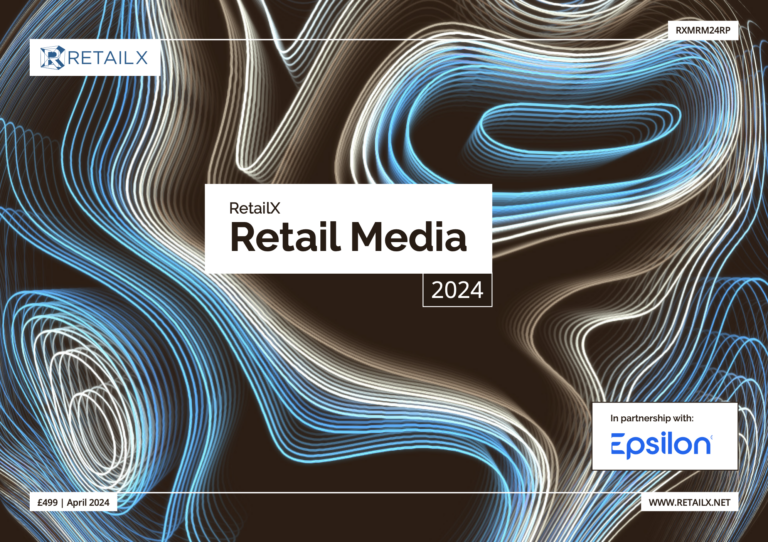Retailers need to arm their ‘smart talent’ retail employees with smartphones and smart tech if the High Street is to compete and survive – according to retail shop floor staff, no less.
Research of shop workers by HR experts CoreHR warns that there is a significant disconnect between the expectations of UK employees and their experiences at work, especially around technology.
According to the study, which examines the beliefs and behaviours of 1000 smart talent workers – those who stand-out due to their drive, ambition and attitude – 7-in-10 in the retail sector claim being held back from reaching their full potential at work.
The research also reveals that 57% also see digital technologies as playing a central role in enabling them to work to the best of their abilities. However, the tools aren’t there and, in some cases where there is technology is present, it actually hinders them doing their jobs through poor training and poor deployment of new technology.
“Whilst it’s increasingly difficult for retailers to compete on value-for-money and ease of access, attention must turn towards delivering unrivalled, enjoyable experiences for customers,” says Dean Forbes, CEO, CoreHR. “What impacts the retail experience more than anything else isn’t a what, it’s a who. Everyone from those managing the floor, the visual merchandise and warehousing, to those that keep the space clean and tidy, is vital.”
Forbes continues: “Creating a fulfilling workplace requires a continuous communication loop and a greater focus on individuals. For consumers this could mean arming assistants with smartphones on the shop floor to instantly check stock levels and mobile check-out, but that’s just one aspect. More importantly, it’s also about considering how much autonomy and control staff are given over their work-life balance and matching that with business need. Smartphones and tablets can be used to create a digital talent experience that fuels people’s engagement, attainment and development.”
Forbes adds: “As the workforce changes to be more expectant, transient and multi-generational, managing talent requires careful thought, leadership, great culture and empathy. The right technology makes this much easier by ensuring everyone has the opportunity to succeed, from high-performers with the ability to shine, to those needing more support to improve.”
Further emphasising the need to foster smart talent, 96% of retail respondents claim their employer could benefit from more of their skills and strengths. Moreover, 46% also say the technology currently available to them at work actually hinders their performance.
Although identified as the most attractive quality in an employer by smart talent, 6-in-10 feel their organisation doesn’t listen to its employees’ opinions. In fact, only half (52%) of smart talent say the reality of their role measures-up to the expectations they had when they first started.
In addition, only 34% of retail smart talent believe their organisation has helped them develop a clear career path. Even if it meant a decrease in pay, half (51%) of smart talent employees would apply for a new role if it gave them more freedom and control in the direction of their work.
However, smart talent employees do give an indication of how they would like their employers to help. 69% would like their organisation to spend more time and resources on helping them to develop, taking shared responsibility for their professional development (79%), personal (69%) and financial (67%) well-being.
Again technology can be used to help manage and help staff, says the report. Forbes explains: “The majority of managers will be used to adjusting rostering for the Christmas season, summer holidays and the like, but predictive analytics can take this to the next level. By integrating with sales data from till systems, rostering can be automated and perfectly tailored towards certain needs and fast-changing trends. By incorporating how people use their smartphones into rostering, employees can select preferred shifts, easily swap shifts amongst each other and check their schedule on the go all while ensuring the right skills are available on the shop floor at all times.”
Forbes concludes: “Employers have a fight on their hands to appeal to the very best talent in the market. With their exceptional capabilities critical to navigating today’s politically and economically volatile market, leaders must prioritise enabling their best talent to flourish. By using smarter HR technologies to engage with employees, leaders can come closer to meeting smart talents’ expectations of a fulfilling career. Fully unleashing smart talent not only benefits those individuals but has real, tangible business impact.”
Image: Fotolia









